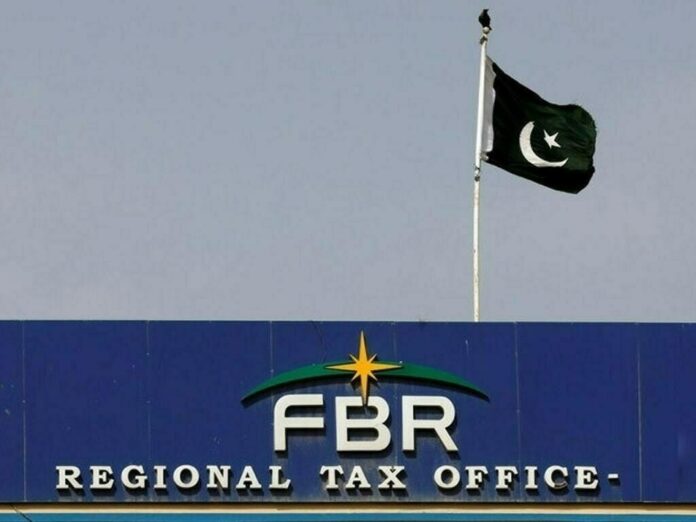The Federal Board of Revenue (FBR) is set to introduce restrictions on the economic transactions of individuals deemed “ineligible” due to failure to disclose sources of income or investments in their wealth statements. The FBR clarified this measure in an income tax circular issued on Monday, in line with the newly introduced Section 114C of the Finance Act 2025.
According to media reports, the provision defines “eligible persons” as those with sufficient resources, either in their wealth statement or financial statements, to justify conducting an economic transaction. These resources, comprising cash, bonds, stocks, and other financial assets, must meet a threshold of 130% of the required value for the transaction to be deemed legitimate.
Ineligible persons will face restrictions on several major transactions, including purchasing motor vehicles exceeding Rs 7 million, acquiring or transferring immovable property valued over Rs 100 million, and investing in securities or mutual funds above Rs 50 million.
These restrictions will also apply to family members of eligible persons, including spouses, parents, and dependent children.
Transactions involving already declared assets are also classified as part of the resources, but cash withdrawals exceeding Rs 100 million will be prohibited for ineligible persons. The new regulations will apply to all individuals, but non-residents and public companies are exempt, except for restrictions on cash withdrawals.
The FBR will notify the implementation date for these provisions through an official Gazette notice.
























